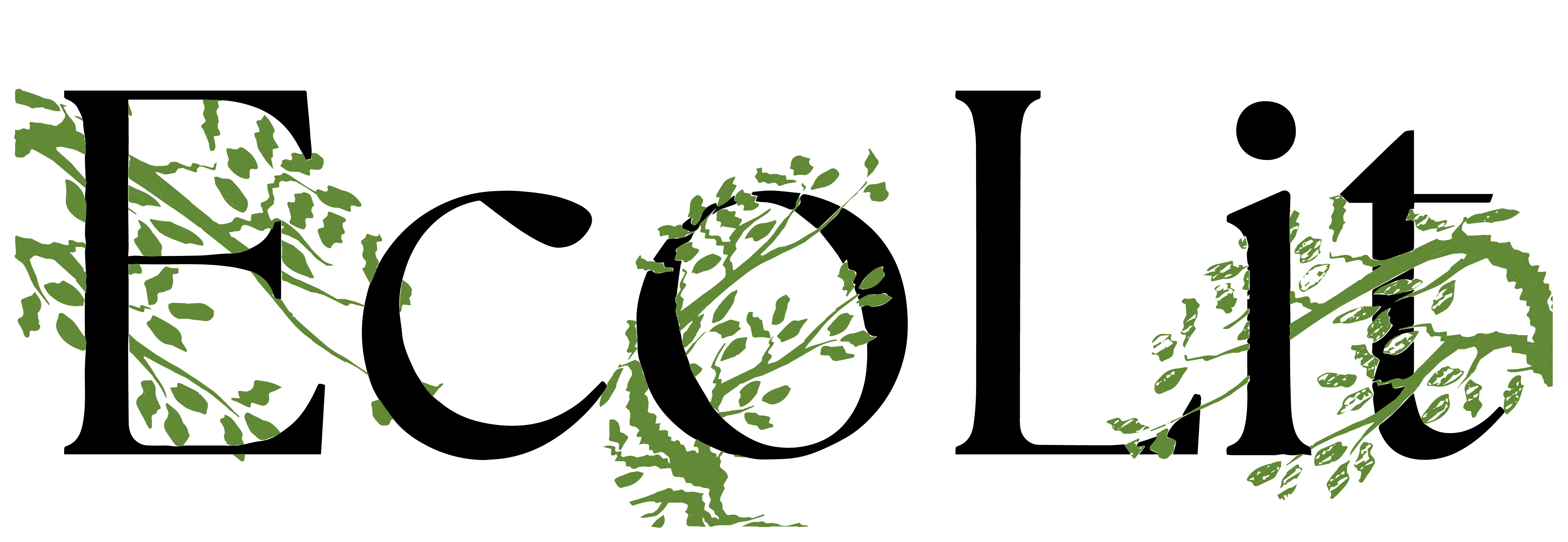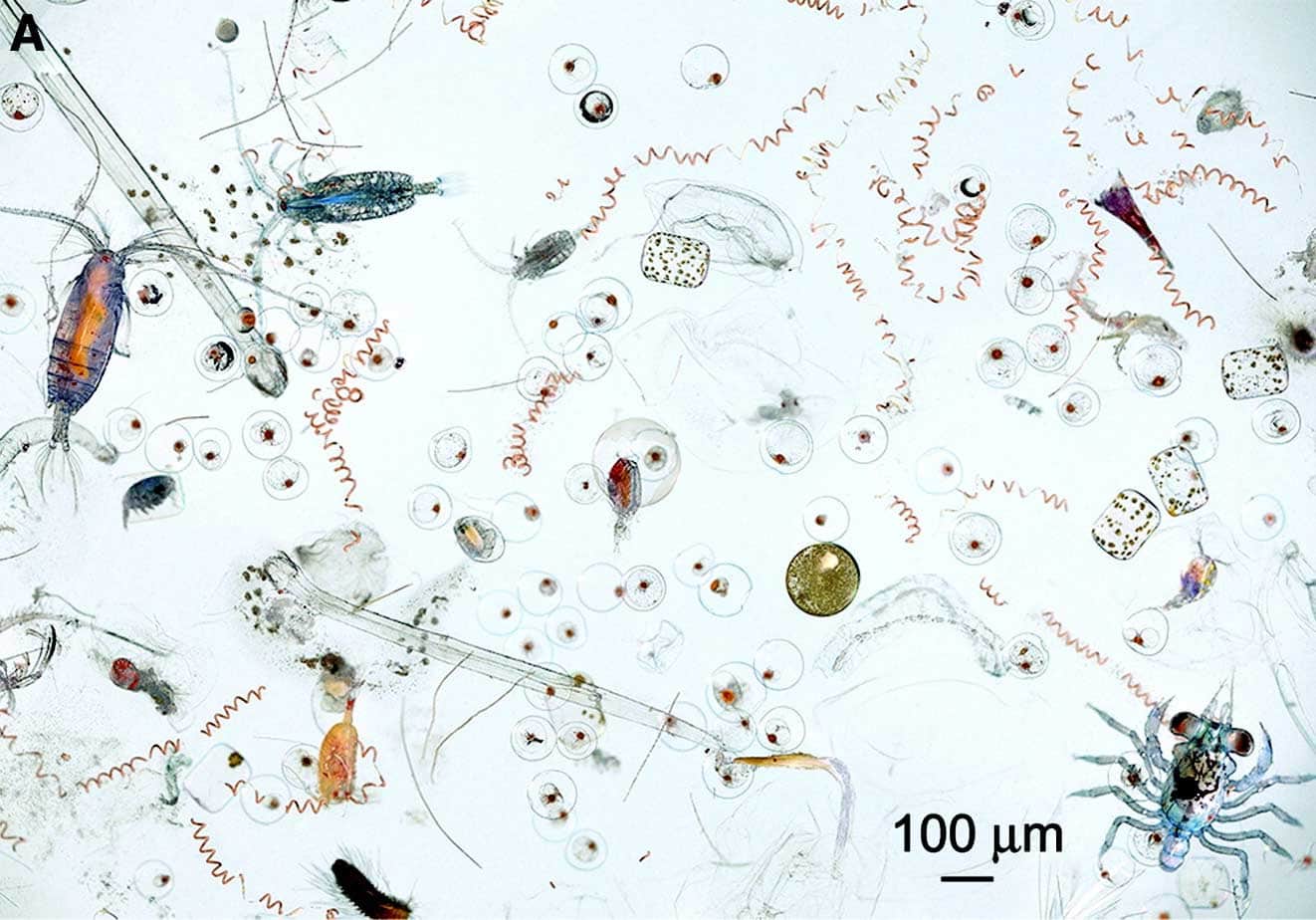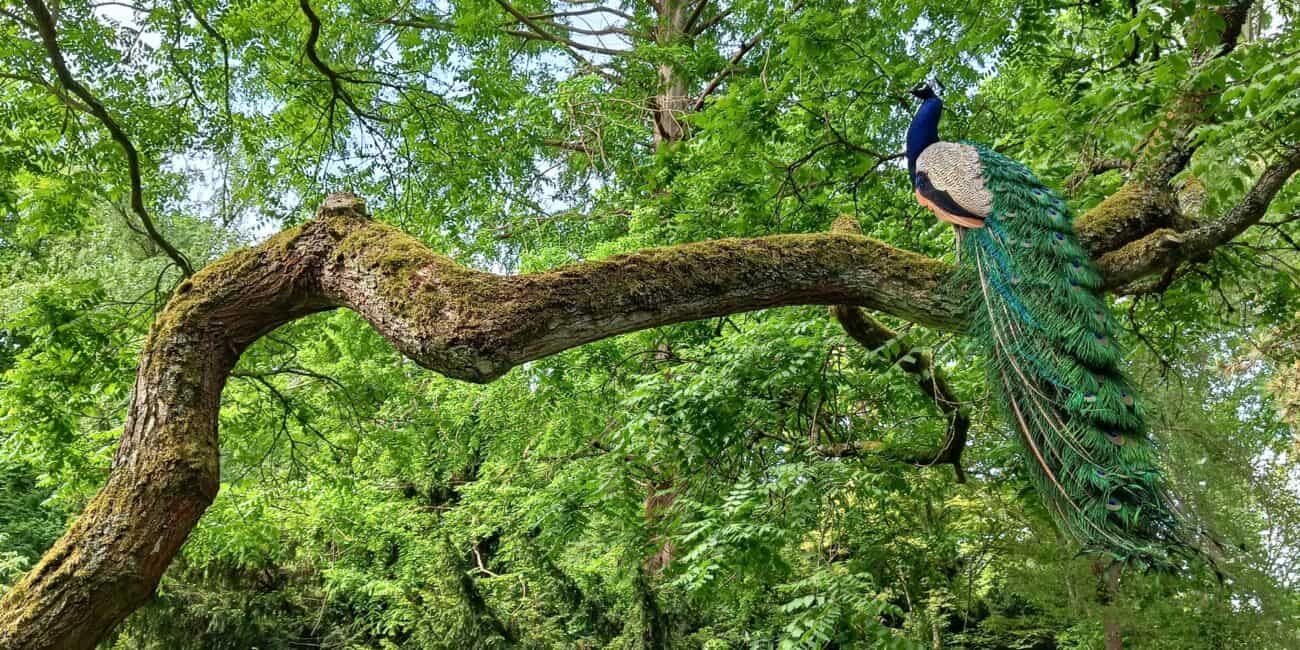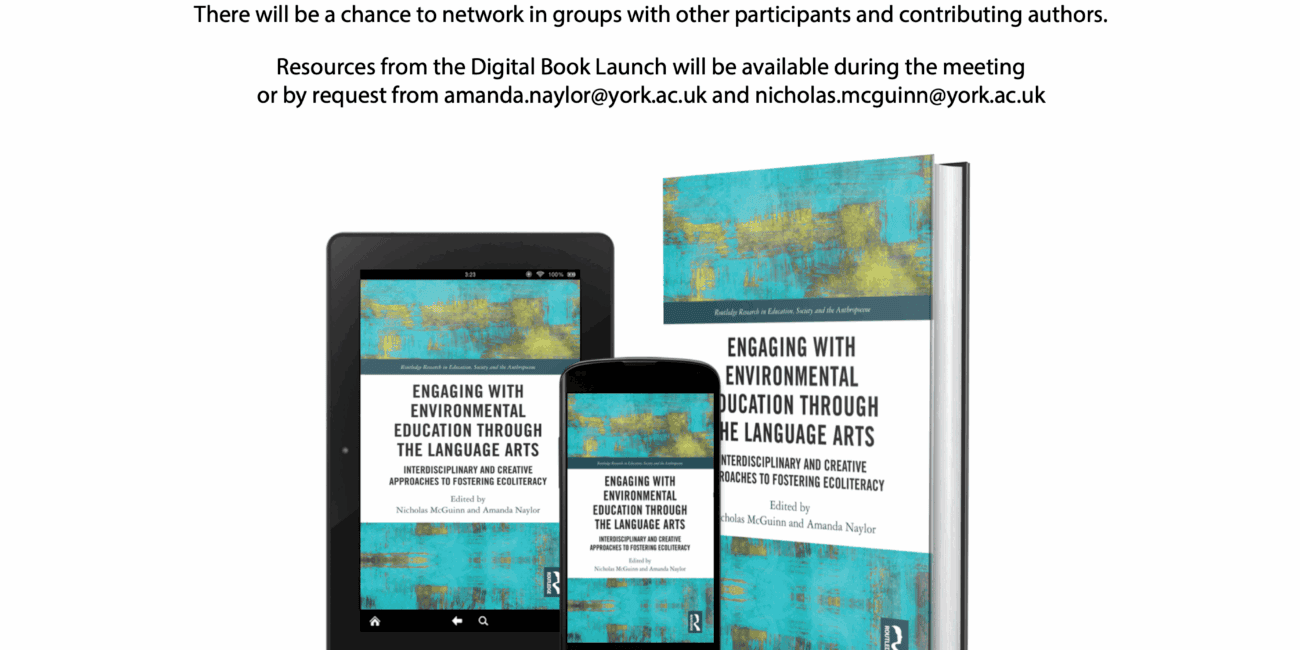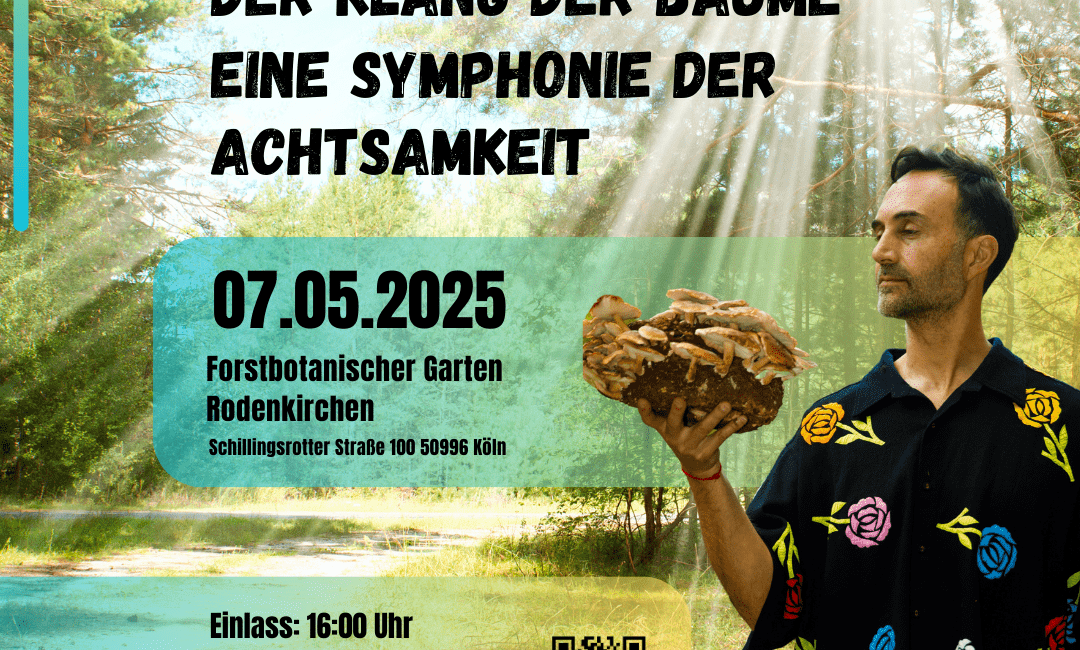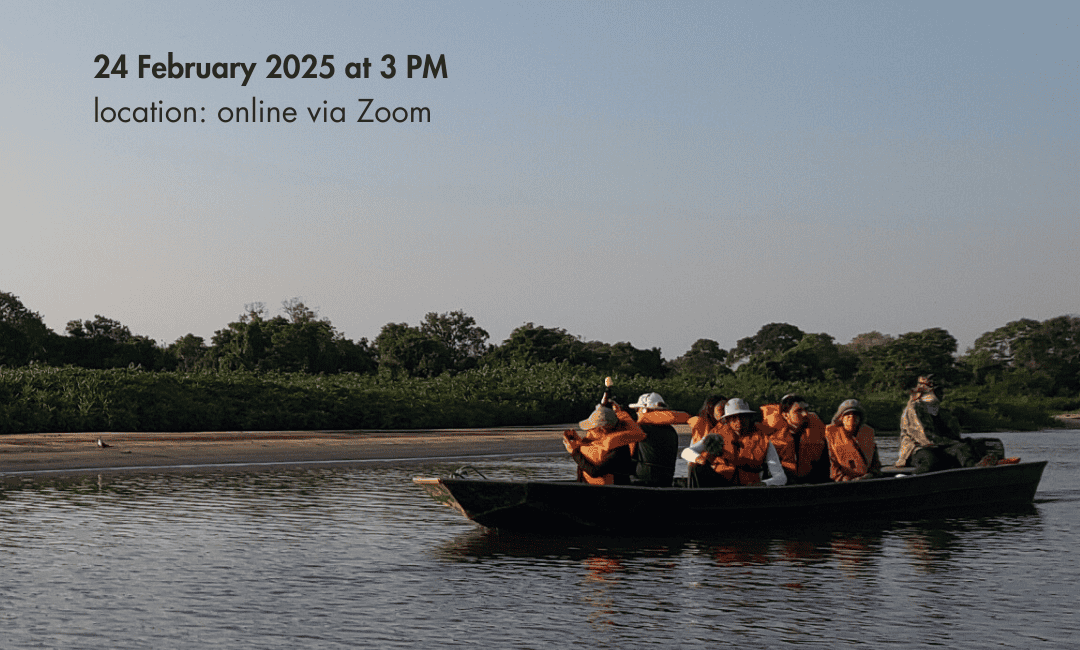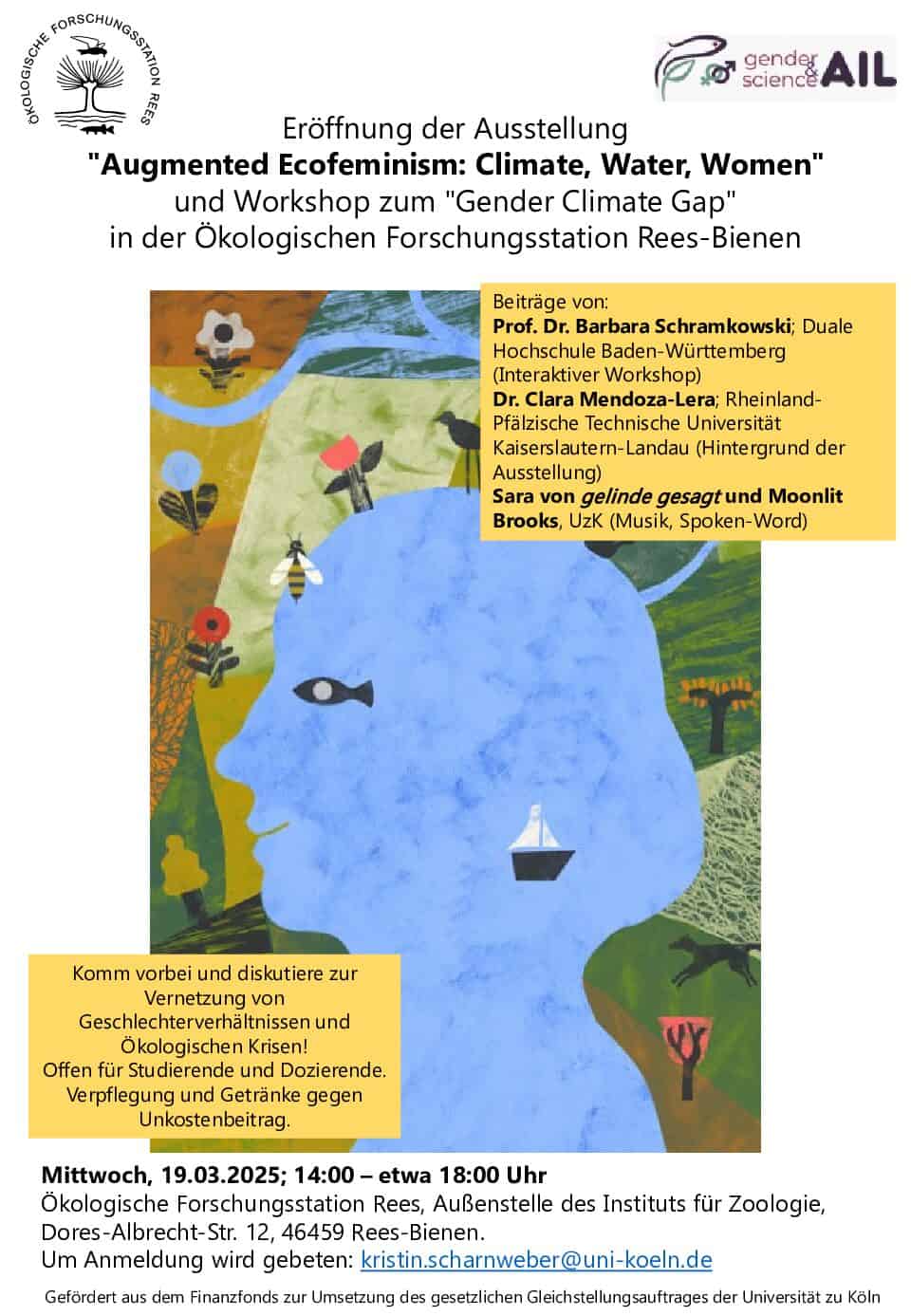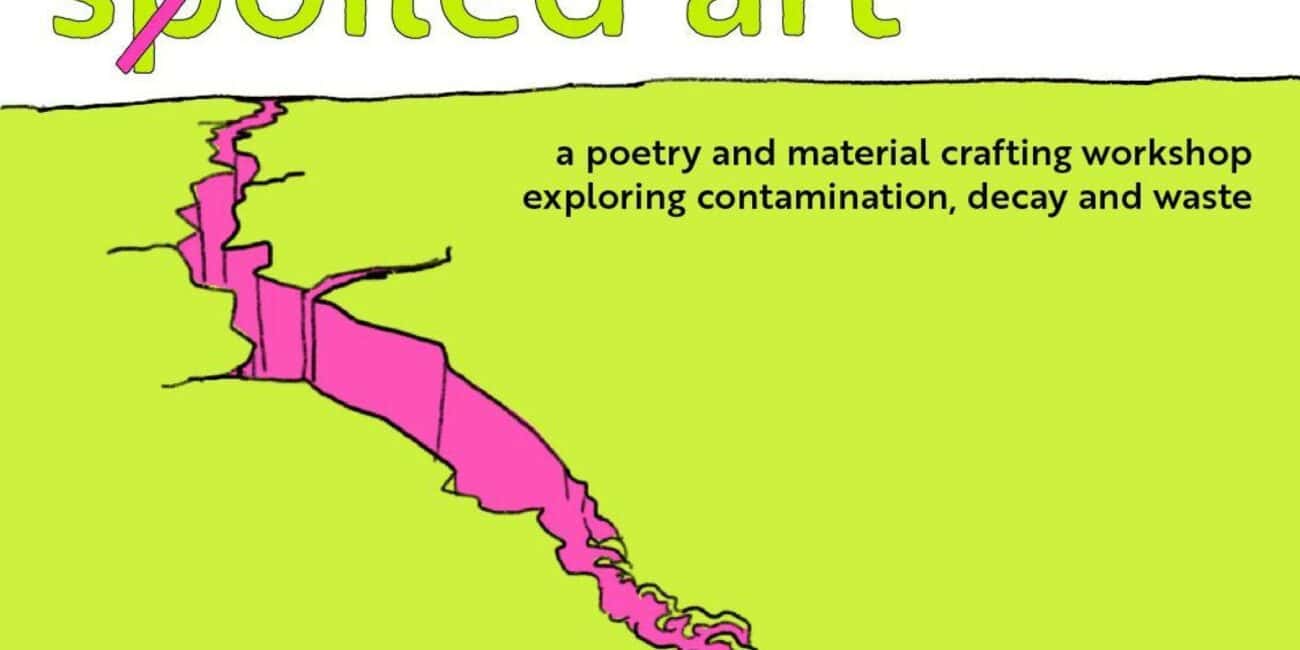Im Rahmen der MESH Autumn Academy for Planetary Wellbeing in Zusammenarbeit mit dem Hochschulnetzwerk EUniWell und BRIDGES entwickelten die Teilnehmer*innen des einwöchigen Workshop- und Vortragsreihe (darunter auch Tanya Gautam und Sara Walther vom EcoLit-Team) Beiträge eine öffentliche Pop-up-Ausstellung zum Thema „Multispecies Conviviality“ – ein Ansatz, der die Verflechtungen und gegenseitigen Abhängigkeiten menschlicher und nicht-menschlicher Lebewesen erforscht. Der folgende kritische Essay reflektiert ein selbstgeschriebenes Lied über „Plankton“ als Teil eines Gruppenbeitrags zum Thema „Joyful strolls into micro worlds“. Es ist ein autoethnografischer Versuch, die eigene Arbeit als Singer-Songwriterin hinsichtlich planetarer Verantwortung zu hinterfragen und "Multispecies Conviviality" als Form des musikalischen Geschichtenerzählens zu verankern.
I am Plankton – On the metaphor of drifting as storytelling in song
By Sara Walther
Music, as a form of aesthetic access to the world, has been an expression of human-nature-relationships since the very beginning of its practice. It’s a practice of listening, expression through sound. It means placing oneself in relation to the world. What relationship to the world do I reproduce when I write my own music? About a songwriting process that starts with fascination for microorganisms in water.
Take a deep breath. In – out. And another. In – Out. Mathematically speaking you have to thank every second breath to the microorganisms that make up over 90 percent of life in the world’s oceans in terms of biomass: Plankton. It comes in all different sizes – from microscopically small to jellyfish of several meters in size. An enormously versatile species, displaying the most amazing shapes, colors and environmental adaptations. Plankton forms the basis of life inside and outside the water, feeding multitudes of species and producing 50 to 70 percent of the earth’s total oxygen per year. It is therefore a huge climate factor and essential for healthy ecosystems.
There would be a lot to say about what makes these microorganisms relevant and unique in both ecological and biological contexts. And yet it is a single characteristic that tempted me to choose plankton as a metaphor and starting point for a song of the same name. “Plankton” comes from the Greek word planktos, which means wandering or drifting (in German also: “Umherirrend” oder “Umhergetrieben”). It refers to creatures that cannot move by themselves but are driven by the movement of the water.
In a world of hyper-capitalism, where mobility as s personal form of freedom almost borders on a fundamental right (to paraphrase Eva van Redecker) – isn’t that an extremely desirable picture? To be able to drift, to let oneself go, to choose time and slowness instead of constant travel, improvement and expansion? I cannot hide the fact that I am often overwhelmed by the demands and expectations in our society, feeling both driven and sometimes squashed. Yet in the grand scheme of the universe – what are we really? Like plankton just tiny little creatures, one among many. Not worth mentioning even. Letting all expectations go, acknowledging that everything is not so important anyways, can be a very soothing thought, and so the song hopes to be.
However, I must concede that there is also a big problem with the metaphor of plankton and its execution in the song. As an activist who regularly stands up for climate justice and capitalism criticism at protests, the idea of “taking oneself out of responsibility”, of abstention, doesn’t apply if you want to make the world a better place. The worst thing we can do is to ignore human-made climate change, to just let things happen “cause sometimes everything comes as it should” (as it says in the chorus of Plankton), standing powerless at the side, repressing any responsibility and thus allow or accept the circumstances, even if it results in considerable damage.
Of course, activism also needs to take a break. You can only be active if you also have time to regenerate. Every activist has to find the confidence and courage every single day to work for social change that seems bigger than all of us. Social and ecological transformation is a big, exhausting, not very rewarding task to aim for. In this sense, the song can also be interpreted as an encouragement. It is not necessarily contradictory to call for a break alongside the call for class struggle.
But there is another glaring injustice that I cannot get around with my song: that is the simple metaphor of plankton as microorganisms that when viewed in a shoal, seem insignificant. As I have just mentioned before, this does not apply to plankton at all. With plankton as a climate and biodiversity saver that produces at least 50% of our oxygen on earth it is no exaggeration to say, that all most of our lives (non-human and human) depend on plankton. I would find it fatal if my song were to reinforce the exactly opposite picture of plankton as creature not worth mentioning, manifesting yet another metaphor towards the simplification of human and non-human entanglements.
Well, first of all, art is allowed to be contradictory. Even though I like to write songs that are politically as clear and unambiguous as possible (that’s why I play at protests), there can be a certain amount of room for interpretation. But bearing in mind my activist attitude of doing as much as possible to preserve our planet and all living creatures, I also feel an obligation to the plankton to not just leave them as a beautiful picture or metaphor. Just as (western) art has done for centuries. That’s why, nearly out of embarrassment, I added a slightly modified end chorus with a content twist and frame every single live performance of the song with a lengthy introduction to plankton as a climate factor.
From an environmental humanities lens, that’s maybe only a little step towards getting closer to the species we live with, feed and rely on. I still use the metaphor to make people (not animals or non-humans), and probably myself in particular, feel good. The song will only make a limited contribution to learning more about Plankton, imparting knowledge or quoting correct facts in any way. But it is an expression of my own fascination that I hope to pass on a little.
At best, art remains in the mind. At best people may go through life with an awareness to plankton through a catchy tune, feeling a little closer to what remains to be unseen. As an artist I have the choice of which images I associate the music with. I choose the images that fascinate me. I choose political statements. That may be no more than cute narratives, no more than slogans. But I hope to reach one person or another with it. Is this an act of multispecies conviviality? I hope so.
Plankton – Lyrics
Ich habe mich lange sehr drum bemüht
Mich dagegen zu stemmen, was der Strom mir vorgibt
Ich hab oft versucht, den Fluss umzulenken
Damit er mich absetzt, wo ich es mir denke
Ich habe das Ruder sonst gern in der Hand
Lass ich es los, plötzlich seh ich das Land
Weil manchmal alles kommt, wie es kommen muss
Die Zeit hat es wieder mal besser gewusst
Ich bin ein Plankton in der offenen See
Und weiß, dass die Welt sich auch ohne mich dreht
Es ist nicht so leicht den Kurs anzupassen
Wer will das Boot schon sich selbst überlassen
Ich hab oft versucht, die Kurve zu kriegen
Habe versucht, ohne Segel zu fliegen
Geb ich mich den Wellen hin, was passiert dann
Gehe ich unter oder treibts mich an Land?
Weil manchmal alles kommt, wie es kommen muss
Die Zeit hat es wieder mal besser gewusst
Ich bin ein Plankton in der offenen See
Und weiß, dass die Welt sich auch ohne mich dreht
Ohne mich dreht
Bridge
Ich sage nicht dass du dich nicht einbringen sollst
Ich sage nicht dass du dich ohnmächtig stellen sollst
Ich sag nur, dass du nicht alles kontrollieren kannst
Dein hohes Ross hat nach einer Pause verlangt
Weil manchmal alles kommt, wie es kommen muss
Die Zeit hat es wieder mal besser gewusst
Ich bin ein Plankton in der offenen See
Und weiß, dass die Welt sich auch ohne mich dreht
Ohne mich dreht
Outro
Nicht immer kommt alles wie es kommen muss
Die Zeit hat es nur dieses Mal besser gewusst
Ich bin ein Plankton in der offenen See
Und nur weil es mich gibt habt ihr genug Oxygen
I have tried very hard for a long time
To resist what the current dictates me
I’ve often tried to redirect the stream
So that it sets me down where I want to
I usually like to have the rudder in my hand
If I let it go, suddenly I see the land
Because sometimes everything comes as it must
Time has once again known better
I am a plankton in the open sea
And know that the world turns without me
It’s not so easy to change course
Who wants to leave the boat to its own
I’ve often tried to turn the corner
Tried to fly without sails
If I give in to the waves, what happens then?
Do I sink or do I drift ashore?
Because sometimes everything comes as it must
Time has once again known better
I am a plankton in the open sea
And know that the world turns without me
Turns without me
Bridge
I’m not saying you shouldn’t get involved
I’m not saying you should pretend to be powerless
I’m just saying you can’t control everything
Your high horse has called for a break
Because sometimes everything comes as it must
Time has once again known better
I am a plankton in the open sea
And know that the world turns without me
Turns without me
Not always everything comes as it must
Only once time knew better
I’m a plankton in the open sea
And only because I exist you have enough oxygen
